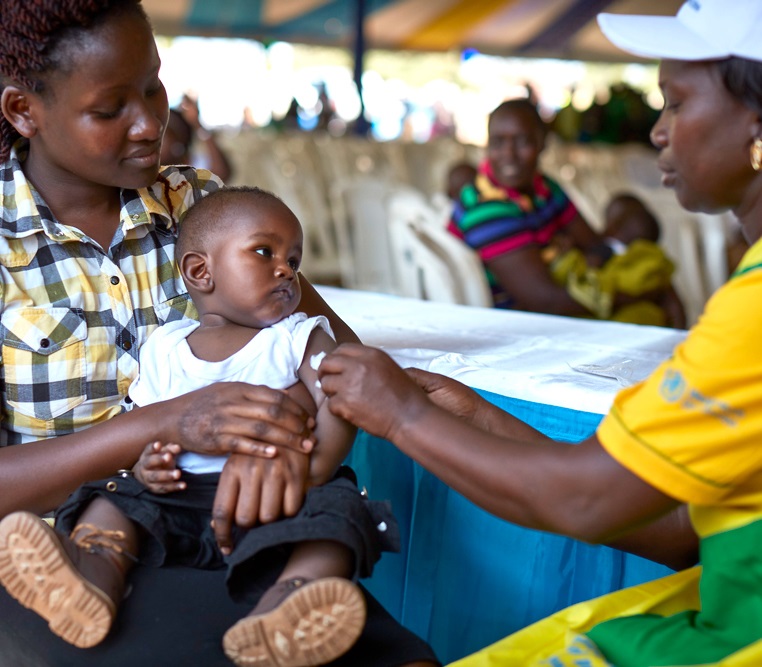Immunization is a global health and development success story, saving millions of lives every year. Vaccines reduce your risk of getting disease by working with your body’s natural defenses to increase protection. When you get a vaccine, your immune system responds.
We now have vaccines to prevent more than 20 life-threatening diseases, helping people of all ages live longer, healthier lives. Vaccination currently prevents 3.5 to 5 million deaths each year from diseases such as diphtheria, tetanus, whooping cough, influenza and measles.
Vaccination is a key element of primary health care and an indisputable human right. It’s also one of the best health investments money can buy. Vaccines are also essential for preventing and controlling infectious disease outbreaks. They support global health security and will be an essential tool in the fight against antimicrobial resistance.
The Covid-19 pandemic, resulting disruptions, and Covid-19 vaccination efforts strained health systems in 2020 and 2021, leading to dramatic setbacks. However, from a global perspective, a recovery is on the horizon: in 2022, vaccination coverage against diphtheria, pertussis and tetanus (DPT), although uneven between countries, has almost returned to normal. 2019 levels.
Measles, due to its high transmissibility, acts like a “canary in the coal mine”, quickly revealing any immune deficiency within the population. However, 22 million children did not receive their first routine dose of measles vaccine in 2022, compared to 19 million in 2019.
